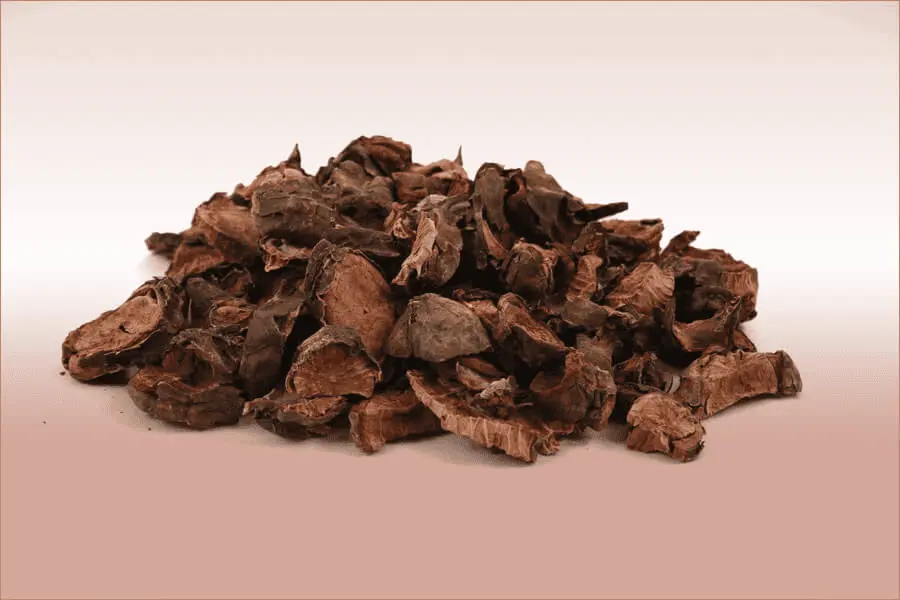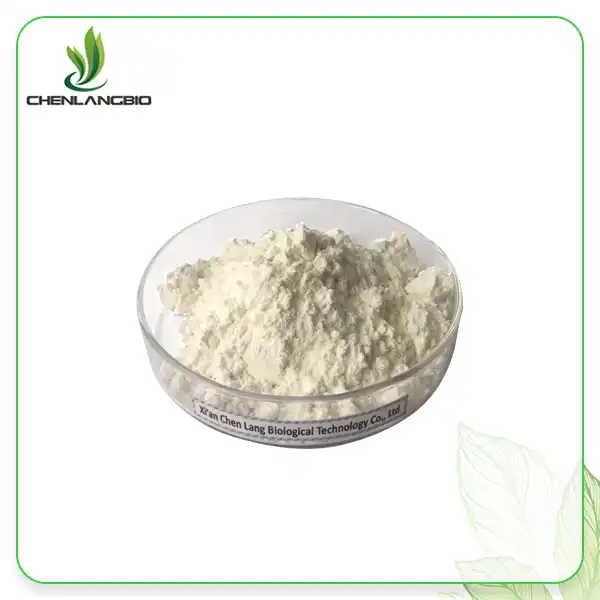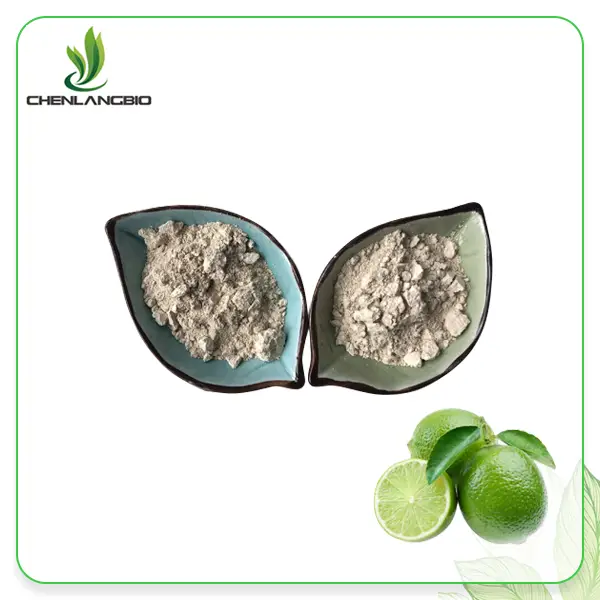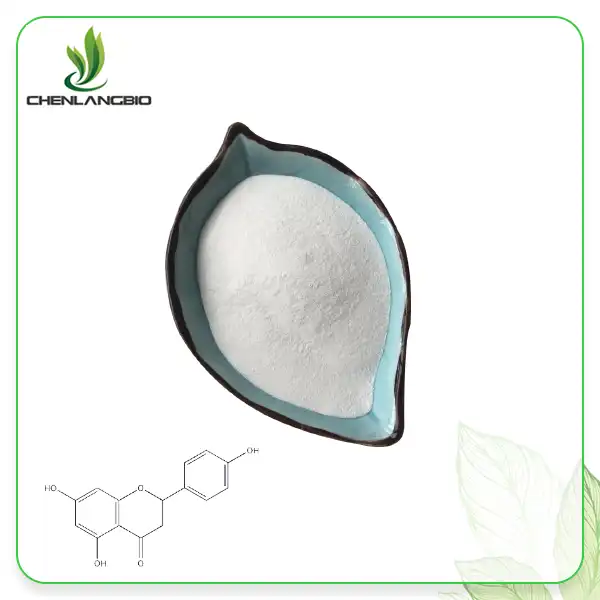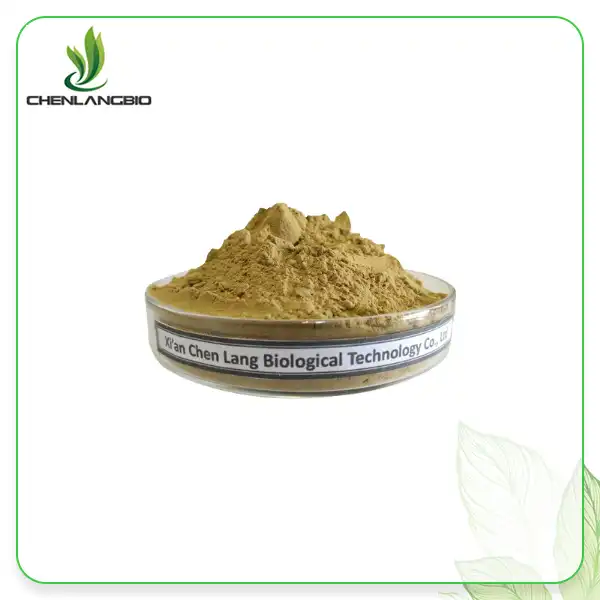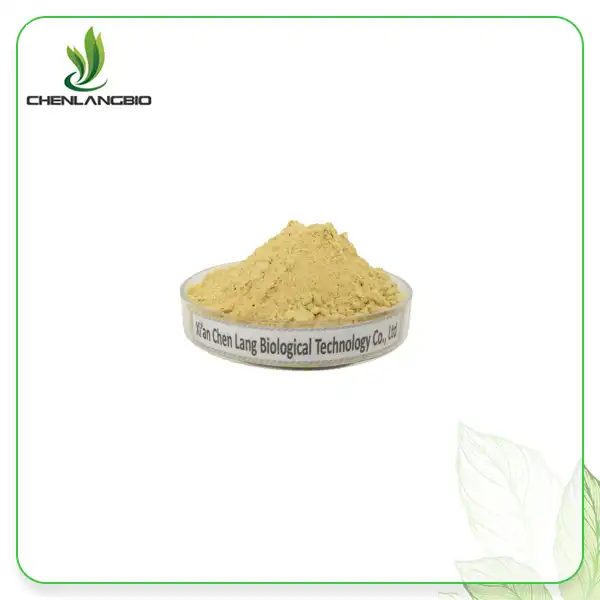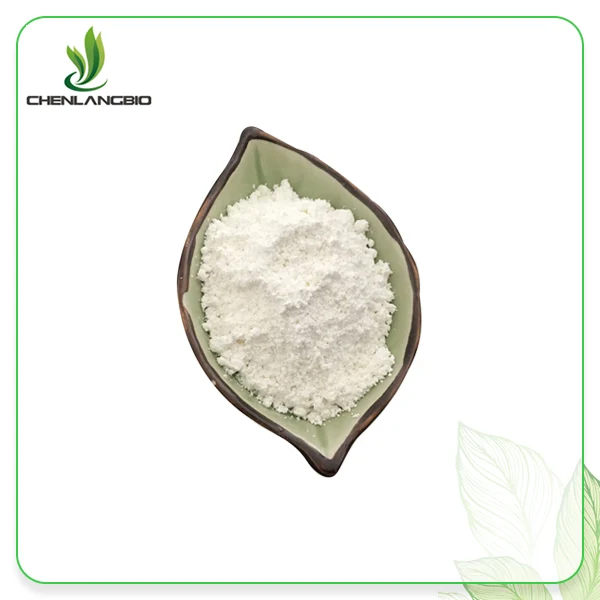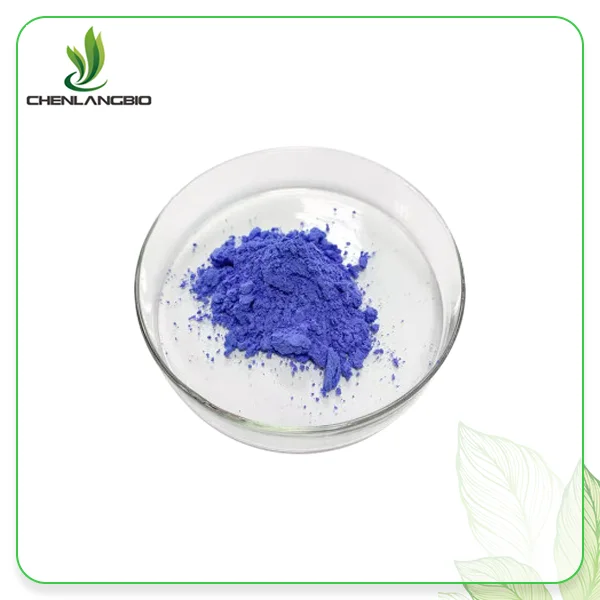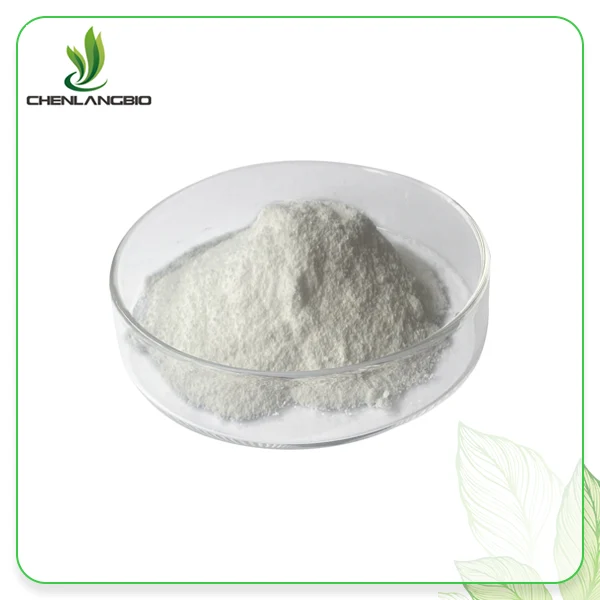Pelargonium Sidoides: Natural Support for Respiratory Health
2025-05-13 09:26:28
Pelargonium sidoides, a medicinal plant native to South Africa, has garnered significant attention in recent years for its potential to support respiratory health. This hardy perennial, also known as African geranium or umckaloabo, has been used in traditional medicine for centuries to address various ailments, particularly those affecting the respiratory system. As more people seek natural alternatives to support their well-being, pelargonium sidoides extract has emerged as a promising option for those looking to bolster their respiratory defenses. In this comprehensive guide, we'll explore the benefits of Pelargonium sidoides, its mechanisms of action, and how it can be incorporated into your wellness routine. Whether you're dealing with seasonal challenges or simply want to maintain optimal respiratory function, this remarkable plant may offer the natural support you're seeking.
How Pelargonium Sidoides Eases Respiratory Symptoms?
Pelargonium sidoides has demonstrated remarkable efficacy in addressing various respiratory concerns. Its ability to alleviate symptoms associated with upper respiratory tract infections has made it a subject of interest for researchers and health enthusiasts alike. Let's delve into the ways this plant extract works to support respiratory health:
Immune System Modulation
One of the primary mechanisms through which pelargonium sidoides extract supports respiratory health is by modulating the immune system. The extract contains compounds that stimulate the production of cytokines, which are crucial signaling molecules in the immune response. This enhanced immune activity helps the body mount a more effective defense against pathogens that may cause respiratory infections.
Anti-Inflammatory Properties
Inflammation is a common feature of many respiratory conditions, often leading to discomfort and impaired function. Pelargonium sidoides possesses potent anti-inflammatory properties, which can help reduce swelling and irritation in the respiratory tract. By mitigating inflammation, the extract may alleviate symptoms such as congestion, sore throat, and coughing.
Mucolytic Action
Excess mucus production can exacerbate respiratory issues and make breathing difficult. Pelargonium sidoides has demonstrated mucolytic properties, meaning it can help break down and thin mucus. This action facilitates easier expectoration, allowing the body to clear the airways more effectively and promoting improved respiratory function.
Antiviral and Antibacterial Effects
Research has shown that Pelargonium sidoides exhibits both antiviral and antibacterial properties. These attributes make it particularly valuable in combating respiratory infections caused by various pathogens. By inhibiting the growth and spread of harmful microorganisms, the extract may help shorten the duration and severity of respiratory illnesses.
Using Pelargonium Sidoides for Seasonal Illnesses
As the seasons change, many people find themselves more susceptible to respiratory challenges. Pelargonium sidoides can be a valuable ally in maintaining respiratory health throughout the year, particularly during times when seasonal illnesses are more prevalent. Here's how you can leverage this natural remedy to support your well-being:
Proactive Support During Cold and Flu Season
When cold and flu viruses are making the rounds, incorporating Pelargonium sidoides into your wellness routine can provide an extra layer of defense. Starting supplementation at the first sign of symptoms may help reduce the severity and duration of illness. Some individuals choose to take it preventatively during peak seasons to bolster their immune system.
Allergy Season Relief
While Pelargonium sidoides is not specifically an allergy treatment, its anti-inflammatory properties may offer some relief from the respiratory symptoms associated with seasonal allergies. By reducing inflammation in the airways, it may help alleviate congestion and irritation that often accompany allergic reactions.
Recovery Support After Illness
Even after the acute phase of a respiratory illness has passed, the body may still be in a recovery state. Pelargonium sidoides extractcan be beneficial during this time, supporting the body's natural healing processes and helping to restore optimal respiratory function more quickly.
Combining with Other Natural Remedies
Pelargonium sidoides can be used in conjunction with other natural remedies to create a comprehensive approach to respiratory health. Pairing it with immune-boosting herbs like echinacea or elderberry may enhance its efficacy. However, it's always advisable to consult with a healthcare professional before combining supplements.
Dosage and Safety of Pelargonium Sidoides Supplements
While Pelargonium sidoides is generally considered safe for most individuals, it's crucial to use it appropriately to maximize benefits and minimize potential risks. Here's what you need to know about dosage and safety considerations:
Recommended Dosages
The appropriate dosage of Pelargonium sidoides can vary depending on the specific product and formulation. Typically, liquid extracts are dosed at 30 drops three times daily for adults, while tablets may range from 20 to 30 mg taken three times daily. It's essential to follow the manufacturer's recommendations or consult with a healthcare provider for personalized dosing advice.
Duration of Use
Pelargonium sidoides is often used for short-term periods, particularly when addressing acute respiratory issues. Most studies have examined its use for durations of 7 to 14 days. For ongoing respiratory support, it's best to consult with a healthcare professional to determine an appropriate long-term usage plan.
Potential Side Effects
While side effects are generally mild and infrequent, some individuals may experience gastrointestinal discomfort, such as nausea or diarrhea. In rare cases, allergic reactions have been reported. If you experience any unusual symptoms after taking pelargonium sidoides extract, discontinue use and consult a healthcare provider.
Interactions and Contraindications
Pelargonium sidoides may interact with certain medications, particularly blood thinners and immunosuppressants. Individuals with bleeding disorders or autoimmune conditions should exercise caution and consult their healthcare provider before use. Additionally, pregnant or breastfeeding women should seek medical advice before incorporating Pelargonium sidoides into their routine.
Quality and Sourcing
To ensure you're getting a high-quality product, look for supplements that have been third-party tested and certified. Opt for reputable brands that source their Pelargonium sidoides ethically and sustainably. This not only ensures the efficacy of the product but also supports responsible harvesting practices.
Conclusion
Pelargonium sidoides offers a natural and potentially effective approach to supporting respiratory health. From its immune-modulating properties to its ability to ease respiratory symptoms, this remarkable plant extract has much to offer those seeking to maintain optimal respiratory function. By understanding its benefits, appropriate usage, and safety considerations, you can make informed decisions about incorporating pelargonium sidoides extract into your wellness routine. As with any supplement, it's crucial to approach its use thoughtfully and in consultation with healthcare professionals, particularly if you have existing health conditions or are taking medications. With proper use, Pelargonium sidoides may become a valuable tool in your arsenal for maintaining respiratory wellness throughout the year. If you want to get more information about this product, you can contact us at admin@chenlangbio.com.
References
1. Brendler, T., & van Wyk, B. E. (2008). A historical, scientific and commercial perspective on the medicinal use of Pelargonium sidoides (Geraniaceae). Journal of Ethnopharmacology, 119(3), 420-433.
2. Kolodziej, H. (2011). Antimicrobial, antiviral and immunomodulatory activity studies of Pelargonium sidoides (EPs® 7630) in the context of health promotion. Pharmaceuticals, 4(10), 1295-1314.
3. Matthys, H., & Funk, P. (2008). EPs 7630 improves acute bronchitic symptoms and shortens time to remission. Results of a randomised, double-blind, placebo-controlled, multicentre trial. Planta Medica, 74(06), 686-692.
4. Timmer, A., Günther, J., Motschall, E., Rücker, G., Antes, G., & Kern, W. V. (2013). Pelargonium sidoides extract for treating acute respiratory tract infections. Cochrane Database of Systematic Reviews, (10).
5. Theisen, L. L., & Muller, C. P. (2012). EPs® 7630 (Umckaloabo®), an extract from Pelargonium sidoides roots, exerts anti-influenza virus activity in vitro and in vivo. Antiviral Research, 94(2), 147-156.
6. Witte, K., Koch, E., Volk, H. D., Wolk, K., & Sabat, R. (2015). The Pelargonium sidoides extract EPs 7630 drives the innate immune defense by activating selected MAP kinase pathways in human monocytes. PloS one, 10(9), e0138075.
Send Inquiry
Related Industry Knowledge
- Is Broccoli Extract Powder Good for Detoxification?
- How is Kopyrrol Powder Used in Hair Care Products
- Does Loratadine Affect the Kidneys
- What is loratadine Used for
- Who Should Not Take Praziquantel
- Phytosphingosine Powder Fights Bacterial Adhesion and Reduces Plaque
- China Magnolol Manufacturer
- What Functions of the Olive Leaf Extract Powder Hydroxytyrosol
- What are the Side Effects of Green Coffee Bean Extract Powder
- Where to Buy Epimedium Extract Powder

